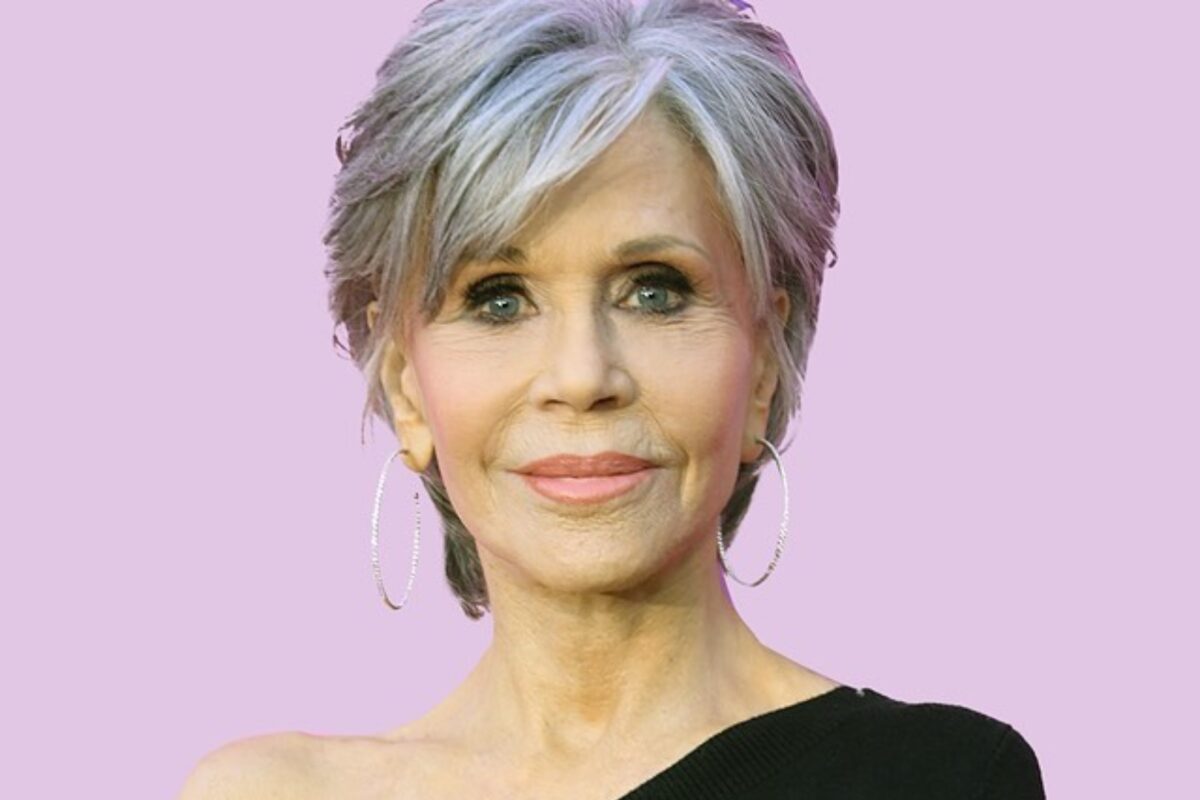Introduction: In the tumultuous era of the 1960s, marked by social upheaval, political activism, and cultural revolution, Jane Fonda emerged as a prominent figure on both the silver screen and the front lines of social change. With her captivating performances, outspoken activism, and unwavering commitment to justice, Fonda became a symbol of resistance and empowerment, challenging societal norms and advocating for a more equitable world. In this extensive tribute, we delve into the life, career, and impact of Jane Fonda during the transformative decade of the 1960s, exploring her contributions to both the world of acting and the fight for social justice.
Early Life and Career Beginnings: Jane Fonda was born on December 21, 1937, in New York City, into a family of actors and intellectuals. Raised in the spotlight of Hollywood, she inherited a passion for performance and activism from her father, Henry Fonda, and her mother, Frances Ford Seymour. Fonda made her acting debut in 1960, starring alongside her father in the Broadway production of “There Was a Little Girl,” earning critical acclaim for her performance.
Her breakthrough came in 1962 when she starred as the title character in the film adaptation of “Tall Story,” marking the beginning of her prolific film career. Throughout the 1960s, Fonda established herself as one of Hollywood’s most talented and versatile actresses, delivering memorable performances in films such as “Period of Adjustment” (1962), “Cat Ballou” (1965), and “Barefoot in the Park” (1967).
Activism and Social Change: In addition to her success in Hollywood, Jane Fonda also became deeply involved in political activism and social causes during the 1960s, using her platform to advocate for peace, civil rights, and women’s liberation. Inspired by the civil rights movement and the anti-war protests of the era, Fonda became a vocal critic of the Vietnam War, speaking out against the conflict and advocating for peace and diplomacy.
In 1970, Fonda founded the Campaign for Economic Democracy, an organization dedicated to promoting social and economic justice through grassroots activism and community organizing. Through her work with the organization, she championed causes such as environmental conservation, workers’ rights, and affordable housing, earning her a reputation as a passionate and effective advocate for social change.
Controversy and Criticism: Despite her activism and advocacy work, Jane Fonda also faced criticism and controversy during the 1960s, particularly for her outspoken opposition to the Vietnam War. In 1972, she traveled to North Vietnam to visit American prisoners of war and speak out against the conflict, sparking outrage and condemnation from some quarters of American society.
Fonda’s visit to North Vietnam, along with her now-infamous photograph sitting on a North Vietnamese anti-aircraft gun, earned her the nickname “Hanoi Jane” and made her a target of criticism and scorn from many Americans, particularly veterans and conservatives. Despite facing backlash and public condemnation, Fonda remained steadfast in her commitment to peace and justice, continuing to speak out against war and injustice throughout her career.
Legacy and Enduring Influence: Jane Fonda’s legacy as an actress and activist in the 1960s endures to this day, leaving an indelible mark on both the worlds of entertainment and social change. Her groundbreaking performances, fearless activism, and unwavering commitment to justice have inspired generations of actors, activists, and ordinary citizens to speak out against injustice and fight for a better world.
Beyond her artistic and political achievements, Fonda’s legacy also includes her contributions to the feminist movement and women’s liberation, challenging gender stereotypes and advocating for gender equality both on and off screen. Her iconic roles as strong, independent women in films such as “Klute” (1971) and “Coming Home” (1978) paved the way for greater representation and empowerment of women in Hollywood and beyond.
Conclusion: In a decade defined by social change, political upheaval, and cultural revolution, Jane Fonda emerged as a powerful voice for justice, equality, and peace. Through her fearless activism and groundbreaking performances, she challenged societal norms, inspired millions, and helped to shape the course of history. As we celebrate her life, career, and enduring influence, we honor Jane Fonda as a true icon of the 1960s, whose legacy continues to inspire and empower generations of activists, artists, and ordinary citizens around the world.
